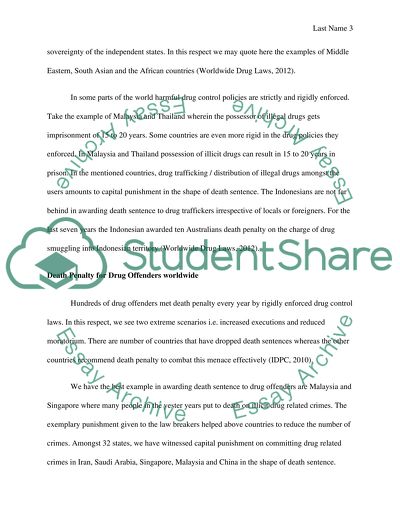Cite this document
(“The Death Penalty for Drug Offences in Saudi Arabia A violation of Essay”, n.d.)
Retrieved from https://studentshare.org/law/1398330-the-death-penalty-for-drug-offences-in-saudi
Retrieved from https://studentshare.org/law/1398330-the-death-penalty-for-drug-offences-in-saudi
(The Death Penalty for Drug Offences in Saudi Arabia A Violation of Essay)
https://studentshare.org/law/1398330-the-death-penalty-for-drug-offences-in-saudi.
https://studentshare.org/law/1398330-the-death-penalty-for-drug-offences-in-saudi.
“The Death Penalty for Drug Offences in Saudi Arabia A Violation of Essay”, n.d. https://studentshare.org/law/1398330-the-death-penalty-for-drug-offences-in-saudi.


